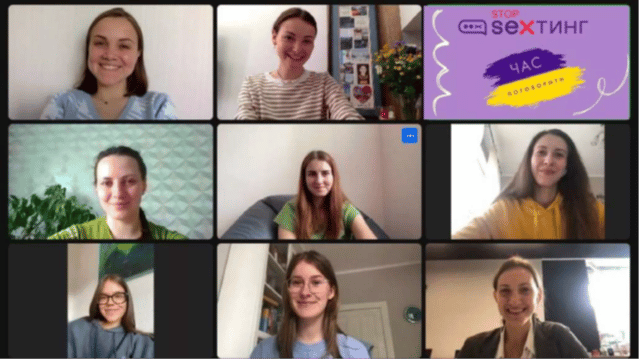
Without a well-performing workforce, we cannot have well-performing social services. This Award recognises innovations that profoundly impact the social services and care workforce in a positive manner.

The quality of an educational system depends largely on the quality of its teachers. In this sense, and in relation to initial training, the results of the international study on teaching and learning (TALIS 2018) indicate that a quality training has a positive impact on the students’ learning results and in the personal and professional development of future teachers. This evidence has a social impact that allows progress in the quality of education, one of the SDG and reinforces equal opportunities for all students. This project transforms the internship period for future teachers, turning it into a process in which the entire educational centre is involved. Teams of teachers who become mentors are trained in reflective practice and constructive support skills that are first developed in the internship and then shared with other teachers to build their own pedagogical methodology. This contributes to the construction of a strong teaching identity and promotes personalized and relevant professional learning opportunities.
Recent years have shown the importance of social work in supporting people through extreme uncertainty, trauma, poverty and societal inequality. The Social Care Council developed the PiP Framework to ensure social workers feel confident and competent to practice effectively by stimulating and facilitating their continuous professional development. PiP enables social workers to utilise practice experience, academic knowledge and self-directed learning to gain recognition for their development through both Master’s level academic achievement and professional recognition in the form of PiP Awards throughout their social work career. It is designed to be flexible and responsive to the changing landscape of social work practice. The partnership model of CPD on which the PiP Framework is built is completely unique within social work. It has influenced the aspirations of other regulators across the UK as it is delivered on the basis of partnership between employers, education providers, service users and carers, and SCC as the regulator.


The war in Ukraine has changed the lives of over 42 million Ukrainians, including 7.5 million children. According to reports from the International Organisation for Migration, 7.13 million people are internally displaced, and 5.25 million Ukrainians have fled as refugees. Many people feel isolated or helpless, due to new social and emotional challenges in society and the loss of their social contacts. This project has developed a unique method of supporting all Ukrainians by giving power and control back to them. It trains teachers, social workers, psychologists and other leaders on arranging regular groups to provide social – emotional support. From April to July 2022 95 leaders completed the training and organised groups for 1,425 people in their communities to connect, help and support each other, making the most out of each other’s strengths.
This project aims to develop a workplace learning system to support the development of future skills, training and improvement of activities in care and social services. The model is the result of a collaboration between 15 municipalities, the healthcare and education systems, and has been tested in elderly care and social services for people with disabilities. The project brings learning to the workplace through a digital interactive platform with 60 learning tracks and 300 modules of learning material which contains facts, locally produced films, and reflection questions. The material is co-created in the workplace and in direct collaboration with experts, employees and people supported by social services to ensure tailored training to the specific tasks that need to be carried out in the workplace. All developed learning materials are also shared with other professionals through the platform. The model has been used by 10,000 employees at 500 workplaces and due to the success of the project, it will be implemented in the wider province, Östergötland, in 2023.


This project aims to solve the identified lack of understanding among frontline health and social care staff on how to practically implement health and social care standards in their day-to-day work. Online learning courses on Infection Prevention and Control, Adult Safeguarding, and A Human Rights-based Approach were developed to build health and social care staff’s capacity to understand and implement national health and social care standards. To this end, we worked collaboratively with people using health and social care services, advocates, staff providing care and support, and inspectors of health and social care services to develop the structure and content of the courses. While the courses were developed just prior to the pandemic, the pandemic accelerated the uptake of the courses among a wide range of frontline staff. The courses have been accessed over 135,000 times to date and 97% of course participants indicated that it improved their understanding of the practical application of national standards.
It has long been recognised that the delivery of sensitive news to parents, children, and families is a life-changing experience, which impacts them and the progress they make differently over time. Consulting partners recognised that despite its importance, news breakups were not being given the due attention in terms of both training and best practice. The project aims to train professionals who break sensitive news to parents and family members, in particular in cases of paediatric health in relation to child loss and disability. Those taking part in the training, were better equipped to deal with grief and parents and carers’ day-to-day issues. Over 600 frontliners and professionals were trained to help sustain family resilience in the context of challenges with paediatric ill-health in relation to loss and disability.

